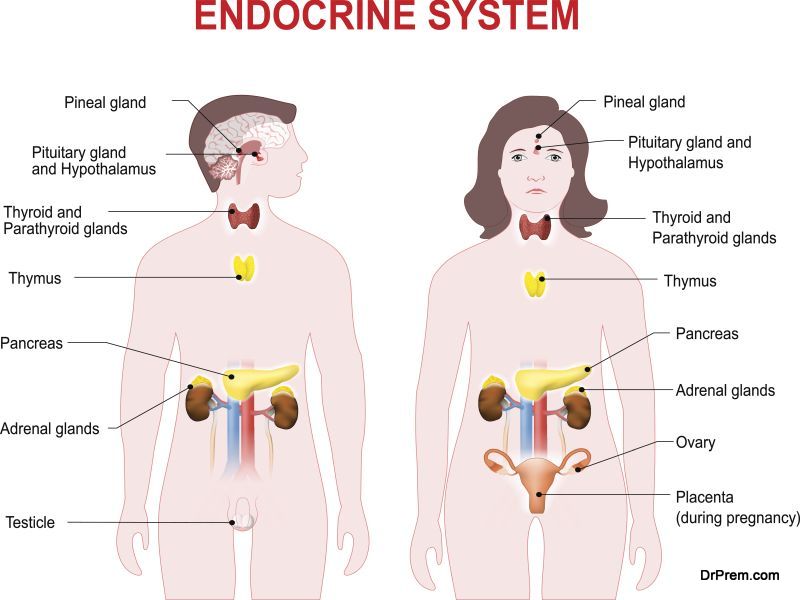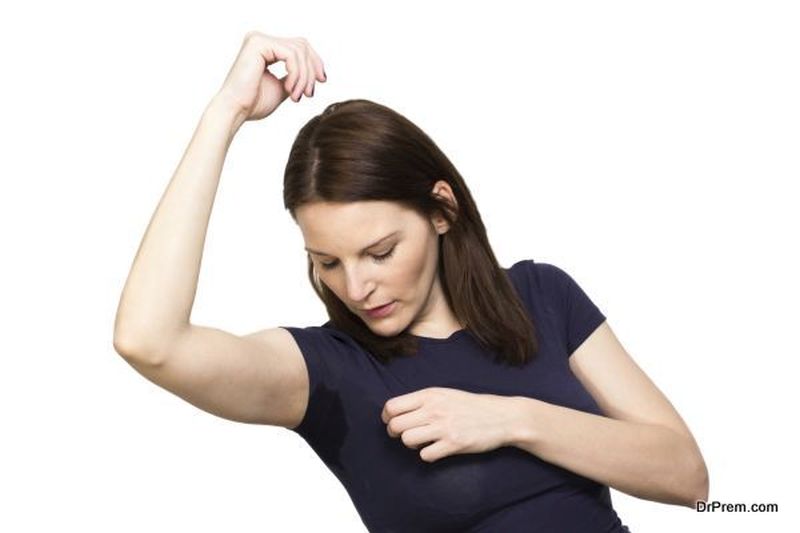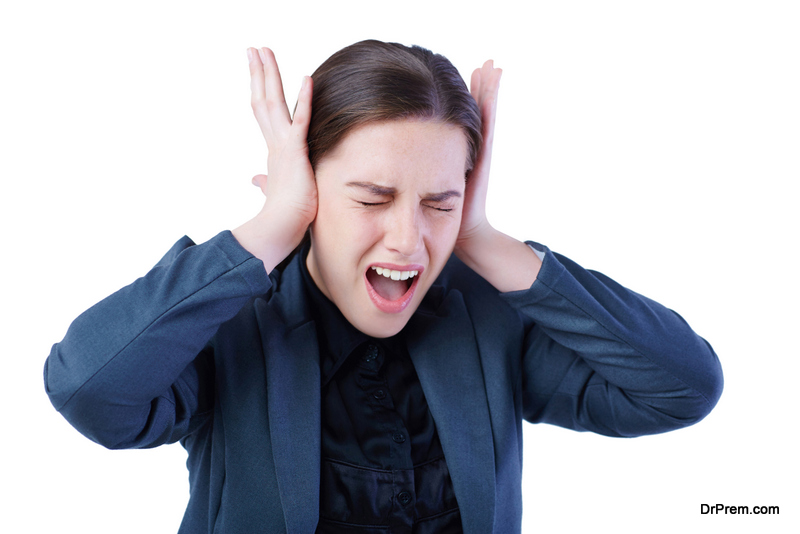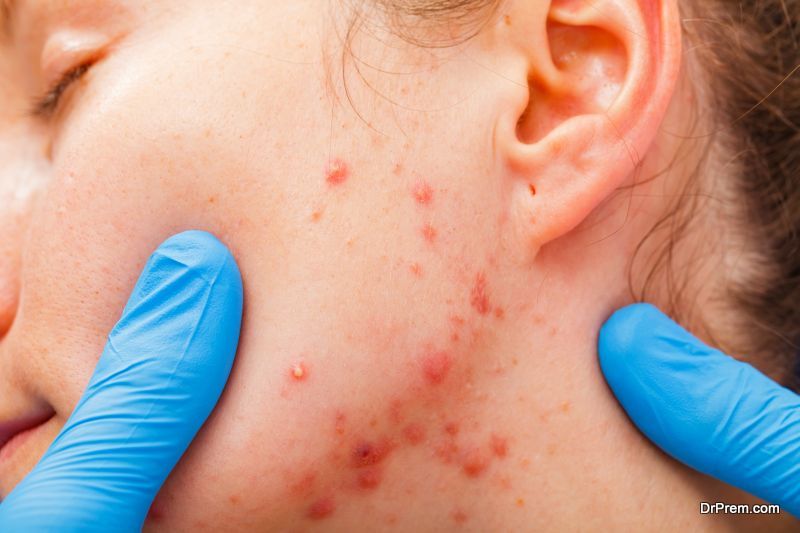Watching your child grow into a young adult often brings mixed emotions for parents. Part of you feels proud at your child’s accomplishments and newfound independence, while another part of you mourns the loss of your “baby”. That’s not to say that raising a teenager is easy. That jump from adolescence to the teenage years brings a lot of change, both physically and mentally. Being prepared and knowing what to expect can help you support your teen through the big changes they’re about to experience. Keep reading to discover exactly what happens during puberty and how to support your teen through the process.
What is Puberty?

What is Puberty
Puberty is the point in time when a child becomes an adult, in several ways. Even though the legal age of an adult is 18, a young person’s body becomes mature much sooner than that. So what exactly happens during puberty? At this point in a child’s development, the body and brain release hormones which kickstart the puberty process. These are called gonadotropin-releasing hormones (GnRH). These hormones affect the pituitary gland, which then releases two additional puberty hormones into the body. These are known as luteinizing (LH) and the follicle-stimulating hormone (FSH). While the changes that occur in both boys and girls are very different, both their bodies contain these two hormones. Here’s how these hormones affect boys and girls differently.
Boys
In boys, these hormones trigger the production of sperm and the testosterone hormone. Testosterone is the hormone responsible for the many changes that happen to boys during puberty. Testosterone is developed in the testicles (testes), which are the two glands located in a young man’s scrotum. This area is also where sperm is produced, which also starts during puberty. Men need sperm to reproduce.
Girls
The onset of puberty for young ladies is marked by the body’s production of estrogen. Estrogen is developed and released in the ovaries. A girl’s ovaries actually contain eggs from birth, but they don’t begin the ovulation process until estrogen is released during puberty. This process is what prepares a woman for pregnancy later in life. Once ovulation starts, a young women will begin her menstrual cycle (period) monthly. A woman’s ovaries are designed to release one egg, once month. If it’s not fertilized (the girl becomes pregnant), the egg and the lining of your uterus, are what exit the body during a menstrual cycle as blood.
It’s interesting to note that it’s this influx of hormones in both boys and girls that bring on the many physical changes we’re about to cover, as well as emotional. Hormones are responsible for how your body functions in many ways. They affect your behavior, mood, physical appearance, and immune system. Keeping this is mind helps parents to feel more sympathetic as their teens make this transition and try to handle and understand the many changes of their bodies and minds.
When Does it Start?
So, when can parents look forward to this change? The truth is, puberty can begin over several years and both different between boys and girls and even varies from one child to the next. Some young adults develop much faster (physically) than their friends. This adds to the emotional reaction kids have about puberty. Some feel left behind if they’re developing more slowly, while others reject the changes their body makes as being “weird” or “different’ from their friends. Communication will help your child navigate these complicated waters.
Boys generally start puberty between the ages of 9 and 15. Girls can start as young as 7 and are usually fully developed by the age of 13. This supports the theory that girls mature faster than boys.
Physical Changes
While puberty brings about a lot of different changes in both boys and girls, none are more obvious than the physical changes a young adults body goes through. Of course, boys and girls experience different developmental changes based on their sex, but some changes are similar. Let’ discuss both.
Physical Changes in Both Boys and Girls
Acne

With so many hormones raging inside of a young teen’s body, acne is a common side effect. The skin becomes more oily during puberty and without a healthy skincare routine, dirt and other particles get caught beneath the skin. This causes the outbreak of pimples in most kids and chronic acne in others. But acne isn’t reserved for just the face. Some teens experience pimples and breakouts on their back and chest too. It’s important that kids don’t pop or pick at their pimples or acne. This could make it worse or lead to an infection. For mild cases, washing your face with a deep cleanser twice a day (once in the morning and once at night), can help cut down on the oil and dirt that cause acne. For more severe cases, a prescription cleanser could help. It’s suggested teens see a dermatologist for a proper diagnosis.
Hair Growth
Whether you’re a girl or a boy, hair growth during puberty is common. This occurs under the arms, the pubic areas, and on the legs. Most young woman choose to shave their legs and underarms, while men tend to let this hair grow. Pubic hair provides protection from unwanted bacteria and also cuts down on friction and irritation in the genital area. Your child might find the sight of pubic hair unsettling, but explain to them that it does serve a purpose and is a natural part of puberty.
Body Odor

It’s right around the onset of puberty that most parents purchase their child deodorant for the first time. That’s because glands in the armpits, groin, and even the nipples (known as apocrine glands) which are responsible for sweat and the production of body odor, develop during puberty. Both males and females will notice an unpleasant odor coming from their underarms, and may even notice it from their groin area. This is where proper hygiene comes into play. Most parents need to discuss the importance of showering, washing properly, wearing clean clothes, and applying deodorant and cologne come into play.
Growth Spurts and Other Physical Changes
As puberty sets in; both boys and girls will undergo physical transformations. For some, this leads to weight gain or loss as the body grows “into itself”. A child won’t stop fully growing until around the age of 16, though this can vary. Although growth spurts happen throughout a child’s life, some of the most noticeable changes in height, weight, and overall appearance happen during the teen years, thanks to puberty.
Other physical changes include a more chiseled jaw in boys, more mature facial features in females, and even changes in nose, eye, and mouth shape for some. Parent’s can help promote self-confidence and self-acceptance by discussing these changes with their children and helping highlight their most attractive attributes and positive qualities. Invisalign for teens works wonders for those self-conscious about their smile. Joining a team sport to stay active can help combat any weight issues associated with puberty. Try taking your child shopping for clothing that compliments their new body shape.
Boys
The main physical changes that occur in boys that don’t occur in girls is the production of sperm and testosterone, as well as changes in a young man’s voice. You’ve likely heard people joke about puberty if a man’s voice “breaks” or squeeks. That’s because as a young boy turns into a young man; his voice changes. The small, quiet tone is replaced with a deeper, more masculine sound. This change doesn’t happen overnight and when it does, a boy’s voice becomes shaky and unsteady until its fully developed. The larynx (voice box) grows larger and wider in both girls and boys during puberty, however the change is most evident in men.
In addition to producing sperm, boys will also begin to experience erections, sometimes without warning. An erection is most commonly associated with sexual arousal and is the result of blood filling the penis and the penis becoming hard. “Wet dreams” are a common occurrence for young men going through puberty. This happens during a boy’s sleep, when they get an erection and ejaculate without knowing. They wake up to find semun in their underwear or on the bed. These types of dreams eventually stop, but it’s important to be available to answer any questions your son might have.
Girls
The most obvious change that a young girl goes through when entering puberty is the development of breasts and the onset of their menstrual cycle. A young girl’s body also becomes more shapely or curvy during puberty, with their hips and chest becoming more defined. Just like the glands found under the arms that cause body odor; glands designed to produce milk during pregnancy, begin to develop and grow beneath a young girl’s chest.
There are also fat cells located here, which grow and develop into breasts during puberty. A girl’s menstrual cycle has to do with the body’s production of eggs and shedding of those eggs. Before a young girl gets her first period, she may experience a clear or white discharge from her vagina. This is caused by the change of hormones (estrogen) and the body preparing for menstruation.
Emotional Changes

Not all changes in puberty are physical. With so many hormones flying around, outside influences, pressure to conform, and confusion, teens often lash out or become unreasonably emotional as their bodies change. The emotional changes of puberty are much more similar between boys and girls than the physical. Both may experience unexplained bouts of frustration and anger, leading to short tempers and more frequent arguments with their parents. Both boy and girls may feel more sensitive than usual and become upset more easily. Talking about these changes and issues with your parents, doctor, or counselor can make the transition easier.
Puberty is a natural part of life that everyone goes through. As uncomfortable and unpleasant as it may seem, it’s the first sign that your child is entering adulthood. Being available and informed about what happens during puberty with help you both handle the changes more easily. Do your research; speak with your child’s doctor, and be as understanding as you can while you both navigate the many changes of puberty.
Article Submitted By Community Writer




